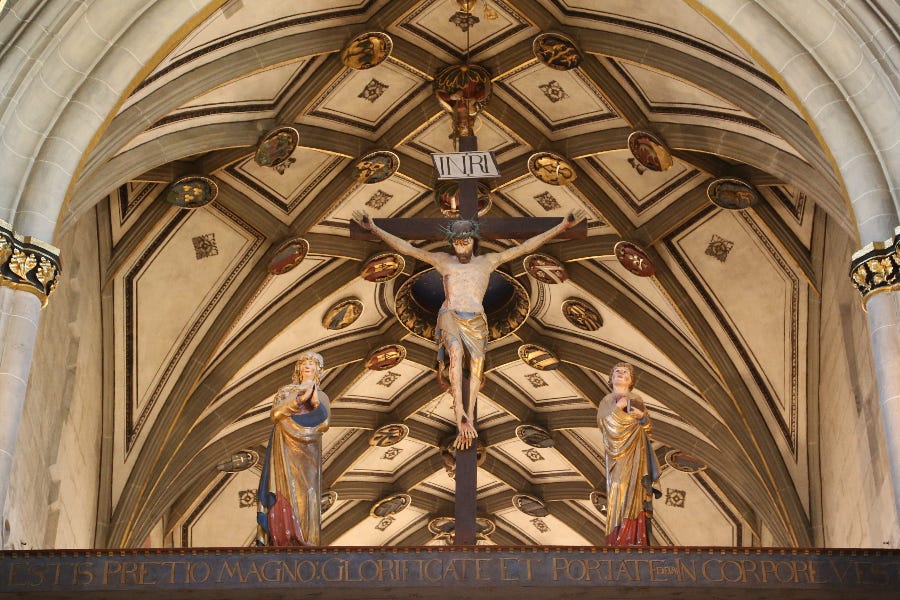Swiss bishops plunged into crisis ahead of abuse report
The Vatican has commissioned a probe into claims against six bishops — four active and two retired.
Cover-up allegations have plunged the Swiss bishops’ conference into crisis on the eve of the publication of a landmark abuse report.

The allegations against six bishops — four active and two retired — were disclosed Sept. …
